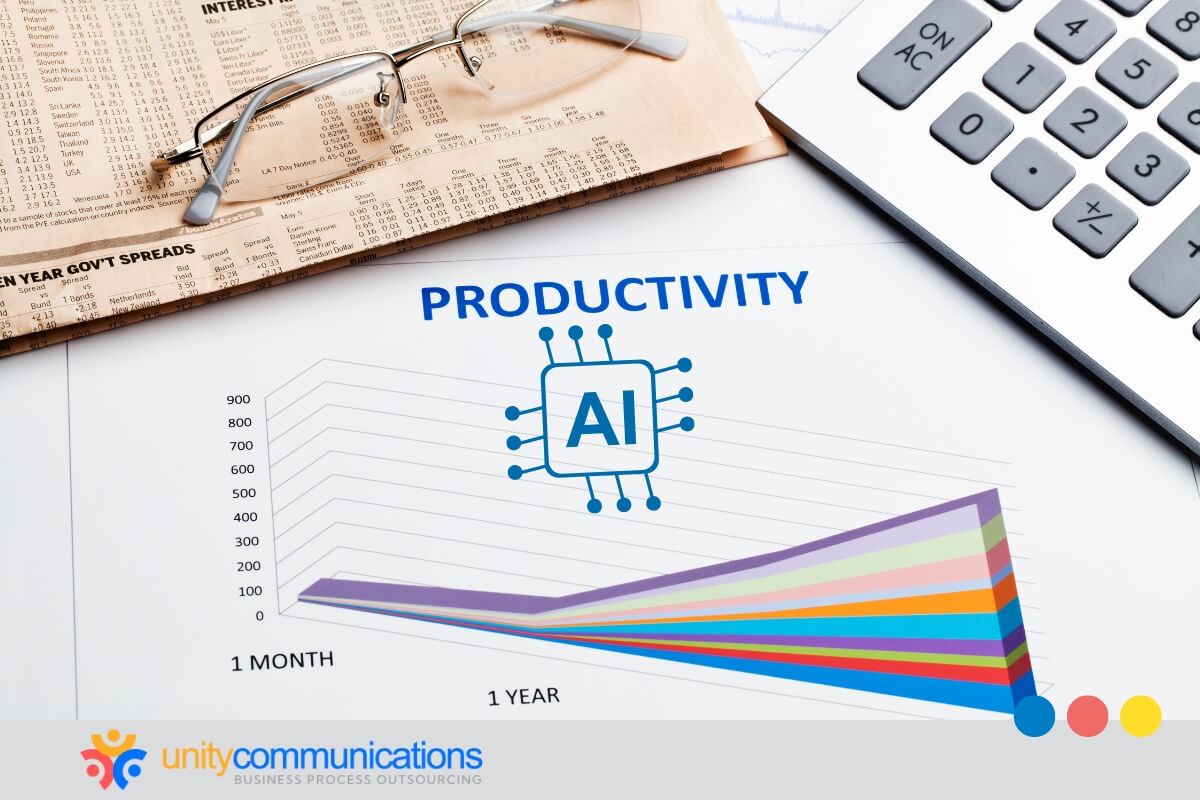Artificial intelligence (AI) might soon challenge the dominance of the Big Four accounting firms, namely, Deloitte, PwC, EY, and KPMG. In a recent Business Insider exposé, former PwC partner Alan Paton warned that AI is poised to disrupt individual roles and the business model that has sustained the Big Four for decades.
The Big Four accounting firms remain the largest in the world by revenue. They offer auditing, tax, consulting, valuation, market research, and legal advice and help shape tax laws and accounting standards.
Paton, now CEO of Google Cloud consultancy Qodea, forecasts that up to 50% of audit, tax, and strategic advisory jobs will be automated within the next three to five years. This prediction reflects recent advances in AI, particularly agentic systems that can independently handle complex tasks.
AI threatens Big Four’s traditional revenue model
The Big Four have traditionally relied on charging premium rates for professional expertise. But Paton questions whether clients will continue paying steep fees when AI can provide the same answers instantly.
“There are already AI solutions capable of performing 90% of the audit process,” Paton said. He added that unless firms specialize deeply, they risk becoming obsolete.
This disruption is prompting existential questions within these firms. EY’s global innovation head, Raj Sharma, hinted at a possible shift toward a “service as software” model, charging based on results rather than billable hours. For a sector that thrives on human capital, this change could rewrite its core commercial playbook.
Big Four double down on AI agents
Despite the imminent threat, the Big Four are pushing forward. Deloitte and EY recently unveiled agentic AI platforms in partnership with Nvidia, ushering in what Deloitte’s U.S. CEO Jason Girzadas calls “the autonomous enterprise era.”
Deloitte’s Zora AI will soon support thousands of employees, automating tasks such as invoice processing, financial trend analysis, and customer service. Meanwhile, EY’s agentic platform empowers 80,000 tax professionals with AI agents handling over three million compliance cases and streamlining 30 million tax processes annually.
These efforts aim to preserve jobs, “liberate thousands of hours,” and enhance productivity. KPMG and PwC also integrate the technology into core services, such as natural language processing and predictive analytics, to maintain relevance and client trust.
While Paton’s comments might sound dramatic, they reflect a growing industry reality: AI is no longer a distant threat—it’s already here. Whether the Big Four adapt successfully, blending human expertise with technology, or risk becoming obsolete, one thing is clear: tomorrow’s accountants must be fluent in algorithms and assets.
Read more Unity Communications and industry news on our main BPO News page.
Kenton, W. (2024, May 30). The Big 4 Accounting Firms: An Overview. Investopedia. Retrieved May 27, 2025, from https://www.investopedia.com/terms/b/bigfour.asp
Dela Cruz, M. K. (2025, January 2). FACTS 101: What to Know About the Big Four Accounting Firms. D&V Philippines. Retrieved May 27, 2025, from https://www.dvphilippines.com/blog/facts-101-what-to-know-about-the-big-four-accounting-firms







